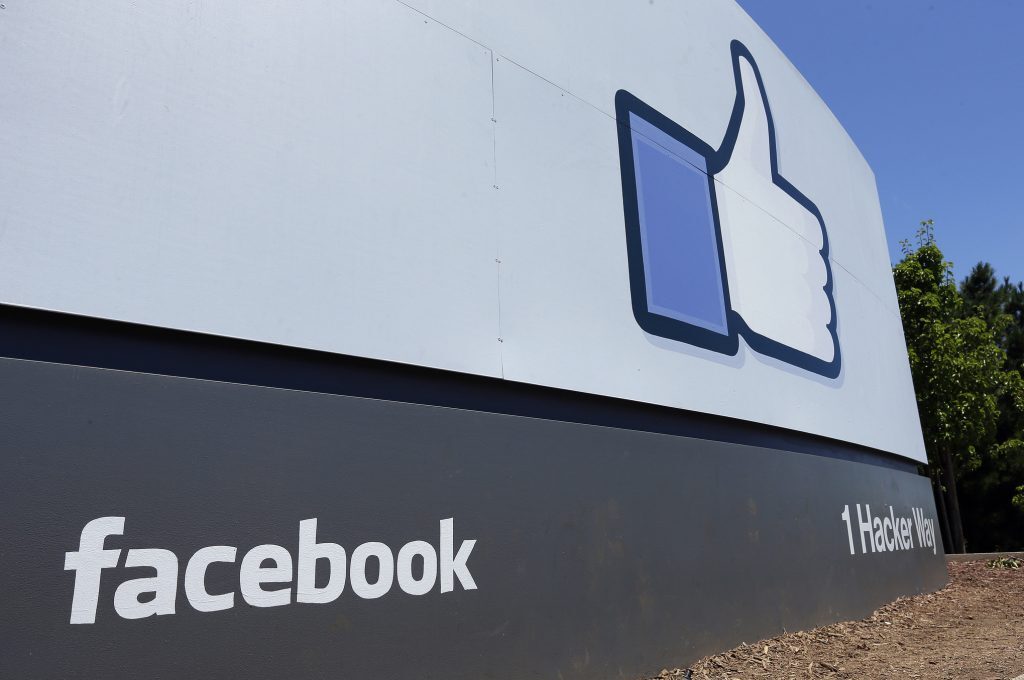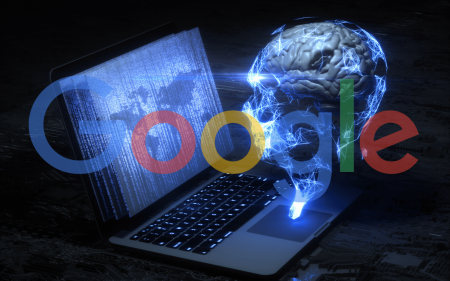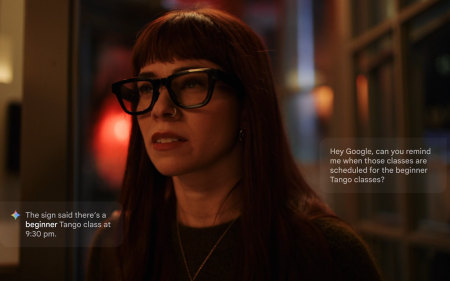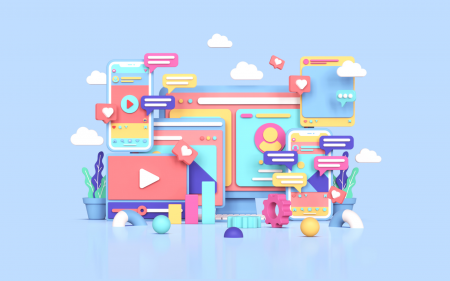The Australian government has done the world a huge favour. Recognising the devastating impact of Facebook and Google on the media industry, they imposed a strict new requirement for the two big tech giants to “pay back da money,” as a red-clad political party likes to chant in our Parliament.
Google blinked, Facebook didn’t.
And even for Facebook, which tends to have a perverse mastery for public relations disasters, this was a new low. Not only did it ban all the news operations, but a list of essential services and government pages. Embarrassingly, Facebook banned its own corporate page.
If ever you needed proof at how inept Facebook is at managing its internal processes, this was it. And just as inept at managing their outward policies, as we have seen countless times over the years.
As they grew, Google and Facebook managed to convince media organisations that expropriating the content for free, and displaying it on their sites, would be some massive driver of Internet traffic. For some time, this was true.
Until Facebook realised that all the stories in the new feeds was actually news (or misinformation or just click-bait websites) and not the wholesome sharing of personal anecdotes it originally envisaged. This was when I stopped paying attention to Facebook. I wanted to know what was going on in my friends’ lives, not what they were reading.
In his 2019 new year’s resolution post, CEO Mark Zuckerberg said Facebook was pivoting to “privacy” and would focus on groups, amongst others. It would no longer make shared news as important. Facebook changed its algorithms and all of a sudden, those news organisations – which rejoiced at receiving massive traffic from Facebook – started getting very little. For Facebook the experiment was over. For the newspapers it was devastating.
Facebook and Google account for about 80% of all online advertising globally (depending on particular countries), but they don’t perform any of the useful functions that the media does.
Known as the Fourth Estate for good reason, the media is a critical and essential part of society. All of the state capture horror stories, the R255m Free State asbestos scandal, the #GuptasLeaks and the Nkandla fire-pool folly would never have been exposed without the media. Let’s not forget that many of Apartheid’s most dastardly acts would not have been uncovered but for the courage of the journalists on great newspapers like the Weekly Mail and Vrye Weekblad.
So it’s hard to listen to Google and Facebook complain about the harshness of the Australian government’s insistence that tech giants should pay news organisations for displaying their content. Between them they have destroyed the advertising market that supported this crucial media industry. It’s been replaced with disinformation, anti-Vaxxers, conspiracy theories, white supremacists and people who truly believe the earth is flat.
As Australian prime minister Scott Morrison ironically posted on a Facebook page after the ban: “Facebook’s actions to unfriend Australia today, cutting off essential information services on health and emergency services, were as arrogant as they were disappointing”.
His totally true kicker: “They may be changing the world, but that doesn’t mean they run it.”
This article first appeared in the Financial Mail.




